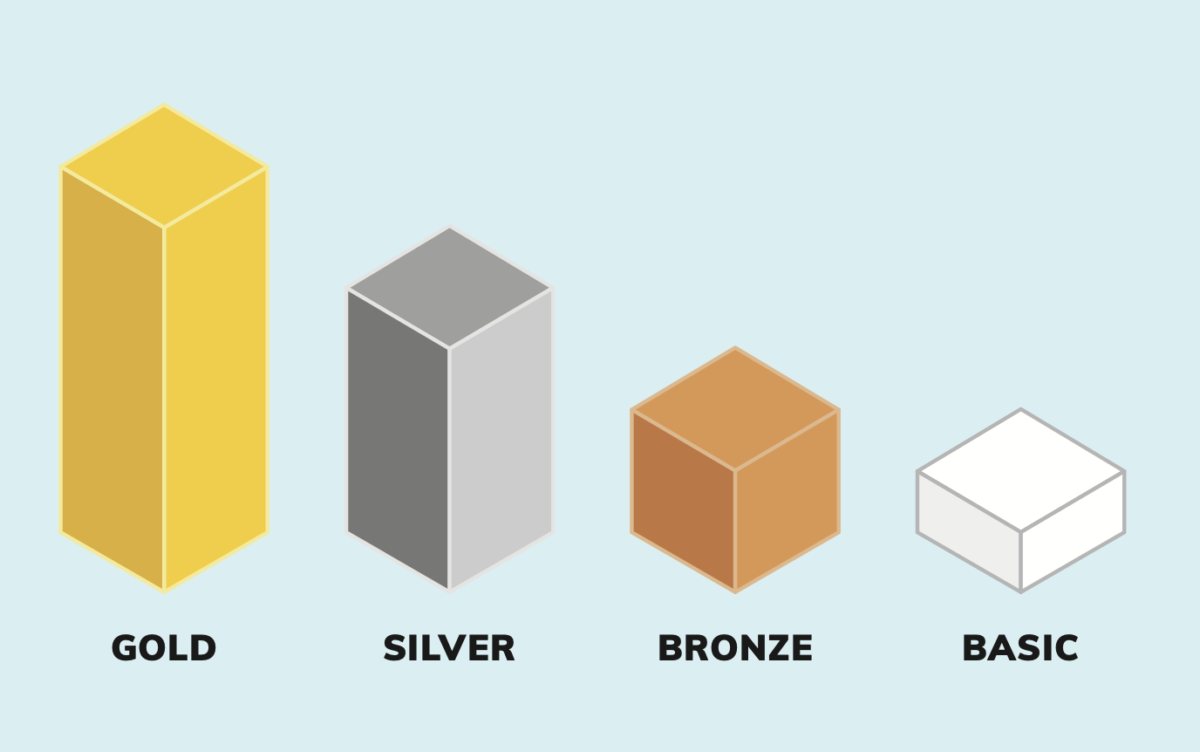When it comes to dental work, nobody wants to wait – especially if you are in pain. Waiting periods are a fact of life when it comes to private health cover, and they can vary depending on the type of dental procedure you require. Policies can vary from provider to provider, so we have put together a quick guide of what to look for when it comes to wait times for dental procedures.
What is a waiting period?
Dental waiting periods are a set amount of time that you have to wait before you can claim on certain dental procedures included on your private health policy. This waiting period is put in place by your private health insurance provider and is designed to ensure that you have held your policy for a certain amount of time before you can start claiming benefits.
Waiting periods can vary between policies and providers, but generally, you can expect a waiting period of around 2-6 months for general dental procedures, and up to 12 months for major dental work such as crowns or bridges.
What dental procedures have waiting periods?
The waiting periods for dental procedures can vary between policies and providers, but in general, you can expect waiting periods for the following types of procedures:
- General dental procedures: waiting periods of 2-6 months may apply for procedures such as check-ups, scale and cleans, fillings, and extractions.
- Major dental procedures: waiting periods of up to 12 months may apply for more complex procedures such as root canals, crowns, bridges, and dentures.
- Orthodontic treatments: waiting periods of up to 12 months may apply for orthodontic treatments such as braces or aligners.
It’s important to note that some private health policies may also have waiting periods for other dental procedures such as wisdom teeth extractions or periodontal treatments. So, make sure you check the specifics of your policy to ensure you understand the waiting periods that apply to your cover. Compare private health insurance options with various providers and see what suits your current health requirements.
No Waiting Period
A waiting period is the amount of time you have to wait before you can claim benefits on your extras dental cover. The length of the waiting period can vary depending on the health insurance provider and the type of dental cover you have. However, some health insurance providers offer no waiting period for certain dental services, such as check-ups and cleaning.
Three types of Dental procedures explained
There are three main types of dental procedures: preventative, general and major. Preventative procedures include things like check-ups, cleans and x-rays. General procedures include fillings and extractions, while major procedures include things like root canals, crowns and bridges.
Preventative procedures usually have shorter waiting periods than general and major procedures. For example, most private health insurance policies have a waiting period of two months for preventative procedures. This means that you can claim for a check-up, clean or x-ray after two months of holding your policy.
General procedures usually have longer waiting periods than preventative procedures. The usual waiting period is six months for general procedures. This means that you can claim for a filling or extraction after six months of holding your private health policy.
Major procedures usually have the longest waiting periods, these are usually a waiting period of 12 months for major procedures. This means that you can claim for a root canal, crown or bridge after 12 months of holding your policy.
Do any health insurance providers offer no waiting period?
Some private health insurance providers may waive dental waiting periods as part of a promotion or special offer if you are a new member. It pays to compare private health policies as a number of health insurers may offer to waive two- and six-month waits on services such as dental, optical and physio by signing up to a combined hospital and extras cover plan.
Does Medicare cover dental services?
Medicare does not generally cover dental services. However, some dental services may be covered under Medicare in certain circumstances, such as if the dental treatment is required in a hospital setting. This includes essential dental services for some children and adults who are eligible. Medicare offers a $1000 rebate over 2 calendar years for kids aged 2 to 17 years for basic dental work. Adults with a Health Care Card or Centrelink Pensioner Concession Card may also be eligible.#
Taking care of your dental health is just as important as taking care of your overall health. However, dental procedures and treatments can be expensive, making dental extras insurance a valuable investment for many individuals and families. It pays to compare private health funds and explore the different types of dental extras coverage available, whether any health insurance providers offer no waiting periods, and whether you are eligible for Medicare coverage with any dental services.
Compare health insurance dental coverage today by visiting https://health.compare/ or speak to one of our friendly team members call 1300 861 413 / email hello@health.compare

















































